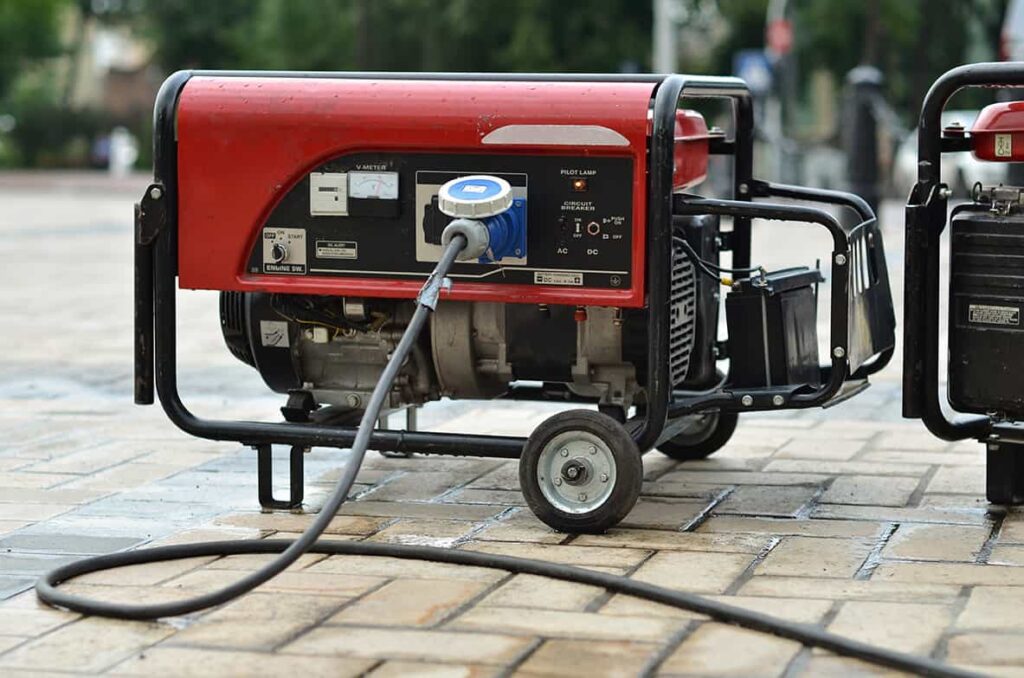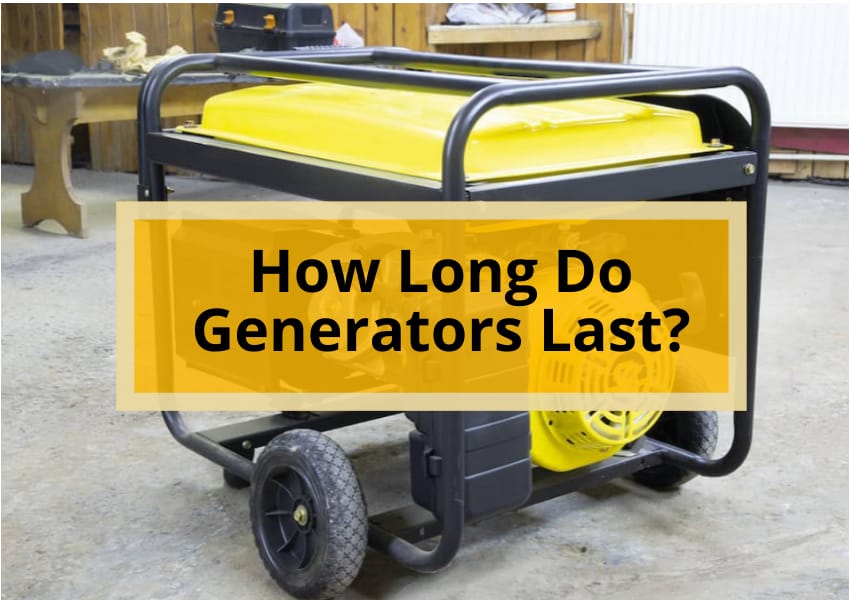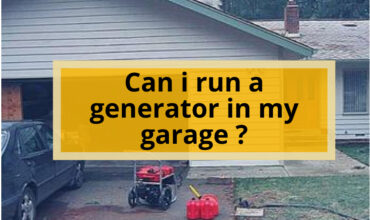Generators play a crucial role in providing backup power during emergencies or for off-grid living. However, like any mechanical device, they have a limited lifespan. Understanding the lifespan of different types of generators and the factors that affect their longevity is essential for optimal use.
In this article, we will explore how long generators last and provide tips for their optimal use to ensure they last as long as possible. The lifespan of generators varies depending on the type, usage, and maintenance. Generally, a well-maintained generator can last for 10-15 years, but some may last for up to 30 years with proper care.
However, neglecting maintenance can significantly reduce their lifespan. Understanding the factors that affect their longevity is crucial for ensuring they are reliable during emergencies. In the following sections, we will delve deeper into the lifespan of different types of generators and the factors that affect their longevity. We will also provide tips for optimal generator use to ensure they last as long as possible.
Generators Lifespan
Generators have varying lifespans depending on their type, with standby generators lasting 1,500-3,000 hours, portable generators lasting 1,000-2,000 hours, and diesel generators lasting 20,000-30,000 hours.
Regular maintenance and testing, as well as protection from dust and moisture, can extend their lifespan. Checking oil and coolant levels, cleaning air filters, and inspecting components are some of the maintenance tips that can help prolong the lifespan of a generator. Following the manufacturer’s recommendations is also crucial in ensuring that the generator is well-maintained and running efficiently.
Proper load sizing is important for a generator’s lifespan. The projected load should not be too large or too small for a generator. Overloading can cause the generator to fail, while underloading can lead to the accumulation of soot and carbon buildup. Maintaining the ideal load size for a generator can help prolong its lifespan and prevent costly repairs.

Factors Affecting Lifespan
The lifespan of a generator is influenced by several factors, such as regular maintenance and the quality of fuel and oil used, and interestingly, diesel generators can last up to 200-300 years with 20,000-30,000 hours of use.
Regular maintenance is key to ensuring a generator’s longevity, as neglecting routine checks and upkeep can significantly reduce its lifespan. This includes checking oil and coolant levels, cleaning air filters, and inspecting various components. Following the manufacturer’s recommendations is also essential to ensure that the generator is operating at its optimal capacity.
Load sizing is another important consideration, as a projected load that is too large or small for the generator can impact its lifespan negatively.
Additionally, ensuring that high-quality brands and fuel/oil are used, and protecting the generator from dust and moisture can also contribute to its longevity. For example, diesel generators have a longer lifespan than gas generators due to their lower RPM and superior lubrication.
On the other hand, portable generators are smaller and meant for temporary use in less-than-ideal conditions, while standby generators are professionally maintained and keep a home running normally.
Overall, understanding how regular maintenance and load sizing impact a generator’s lifespan can help ensure optimal use and a longer lifespan for the generator.
also read : Maximizing Rv Battery Life: Types, Lifespan, And Tips
Specifics on Types of Generators
Standby and portable generators have different characteristics and are designed for specific purposes. Standby generators are typically fueled by diesel or natural gas and are installed permanently in a home or business to provide backup power during a blackout. These generators are professionally maintained, and their lifespan can range from 15 to 30 years, depending on the brand and maintenance frequency.
Maintenance requirements for standby generators include checking oil and coolant levels, cleaning air filters, inspecting components, and following manufacturer recommendations. Dust and moisture can also affect their lifespan, so it is essential to keep them clean and dry.
On the other hand, portable generators are smaller and meant for temporary use in less-than-ideal conditions. They are usually fueled by gasoline or propane and are ideal for outdoor activities or powering critical appliances during an emergency. Portable generators have a shorter lifespan than standby generators, which can range from 10 to 20 years.
Maintenance requirements for portable generators are similar to standby generators, but they may require more frequent oil changes due to their smaller fuel tanks. Advantages and disadvantages of diesel vs gasoline generators for long-term use include the fact that diesel generators have a longer lifespan than gas generators due to lower RPM and superior lubrication. However, diesel generators are more expensive than gas generators upfront and require regular maintenance to keep them running efficiently.
Frequently Asked Questions
What is the average cost of a standby generator?
The average cost of a standby generator installation ranges from ,000 to ,000, depending on the size and features required. Maintenance costs vary but generally range from $200 to $1,000 per year.
How much fuel does a portable generator typically consume per hour?
The fuel consumption rate of a portable generator depends on its size, load, and maintenance. Proper maintenance, such as regular oil changes and cleaning air filters, can improve fuel efficiency and prolong the generator’s lifespan.
Can a generator be used indoors?
Generators should not be used indoors due to the risk of carbon monoxide poisoning. Generator ventilation and safety precautions are necessary for outdoor use. Indoor generator exhaust solutions, such as vent pipes, can be installed to ensure safe use in enclosed spaces.
What is the best way to store a generator when it is not in use?
Proper generator storage is crucial for maintaining its lifespan. Generators should be stored in a cool, dry, and well-ventilated area. Before storage, perform generator maintenance such as cleaning, draining fuel, and removing batteries.
How long does it typically take to install a standby generator?
The installation time for a standby generator typically varies based on factors such as the size of the generator and the complexity of the installation. To ensure optimal performance, proper generator maintenance and choosing the right size generator is crucial.






